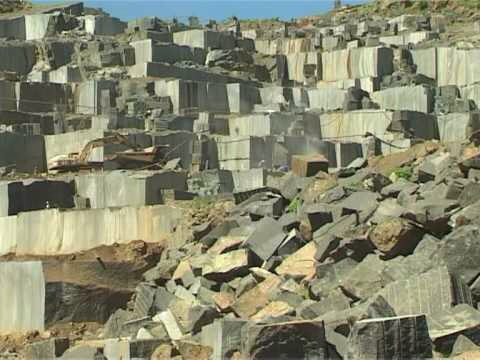 In the village of Mutoko, Zimbabwe, Villagers are feeling the negative effects of black granite mining. Mining has created huge open pits that have killed people and livestock, damaged homes due to blasting, caused environmental damage, eroded grazing lands, and showed a total disregard for ancestral land rights. At the same time roads, schools and hospitals remain in poor condition, with no investment by the companies extracting the granite in the area.
In the village of Mutoko, Zimbabwe, Villagers are feeling the negative effects of black granite mining. Mining has created huge open pits that have killed people and livestock, damaged homes due to blasting, caused environmental damage, eroded grazing lands, and showed a total disregard for ancestral land rights. At the same time roads, schools and hospitals remain in poor condition, with no investment by the companies extracting the granite in the area.
The Mines and Minerals Act of 1961 governs mining activities in regard to the acquisition and registration of mining rights and leases, preservation of mining rights, working of alluvial and other deposits, and special grants for coal, mineral oils and natural gases. Unfortunately, the outdated act does not address modern social issues and rights concerning transparency and accountability, environmental issues, and revenue distributions to the government and local communities.
The majority of recent political, environmental, and regulatory reform are the result of community-based initiatives that originated from grievances that were not properly addressed in a timely and effective manner. In this case, community conflict caused villages in Mutoko to mobilize against the mining companies and become the catalyst for sweeping regulatory reform at the national level. This reform initiative may cause considerable change in the industry and negatively impact Zimbabwean mining companies. This is yet another example of how a remote village, far from the capital with seemingly little strategic influence within a country, can have significant implications based on local community engagement – or rather, the lack of engagement. Companies need to recognize communities and organizations as stakeholders in their operations to avoid similar challenges.

